Nocturnal Animals is screening at the Plymouth Arts Centre cinema from 9th – 15th December. Tickets available here.
Tom Ford’s Nocturnal Animals opens with an actual parade of naked obesities. These startling images feel like a warning shot to those expecting more of the lithe and impeccably tailored sombreness of Ford’s debut, A Single Man. The shot pulls back to show it is in fact all part of an art exhibition by Susan (Amy Adams) for the art-crowd of Los Angeles to sip wine and snigger at. Yet for all the wealth and plaudits her work brings, Susan is bored and disillusioned with where life has taken her.
Finding herself at home alone one weekend while her aloof and two-timing husband Hutton (Armie Hammer) is away, Susan receives a mysterious package. While opening it up, she gets a papercut – it actually draws blood – in a telling (if not particularly subtle) indication of what lurks within it. The transcript inside, “Nocturnal Animals”, is by Susan’s former husband Edward (Jake Gyllenhaal) and is dedicated to her. From here the film cleaves in two as Edward’s novel comes to life and tells us the story of Tony (Jake Gyllenhaal again) and his family as they travel through the Texas plains at night. Edward’s story is markedly different from the superciliousness of Susan’s world and she soon becomes enraptured by it. Tony’s story is more like a noir-thriller, which quickly becomes fraught following a violent confrontation involving a gang of thugs, led by Aaron Taylor-Johnson. When the law has to intervene, Tony becomes paired with Detective Andes (Michael Shannon) as they plough together into the dark heart of the rural south.
In spite of one story being notionally “fiction” and the other “reality”, both narratives are given equal weight and, the more each story reveals, the more they become twisted and entwined with each other. This all heads to a climax which, in spite of the brutality that has come before, deals instead more with grief and loss in a powerful but restrained way.
Nocturnal Animals, as a whole, is gripping in places and yet seems more about bold statements and primary colours than leaving low-key impressions. This gives it the feeling sometimes of being superficial, although I do wonder whether this is intended by Ford and, like the crude and gaudy images at the beginning, there is really more going on here that repeated viewings would disclose.
The performances carry the film, which are expectedly strong given the talent here. All the main performances hit the right notes (including a spot-on cameo by Laura Linney as Susan’s mum) but the film belongs to Shannon as the bullish but brittle backwater lawman. Showing himself once again to be one of the best actors around right now, the film is always gripping and queasily tense when Shannon is on screen.
Ieuan Jones
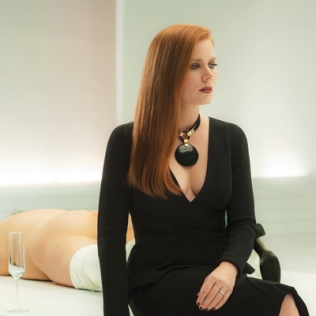

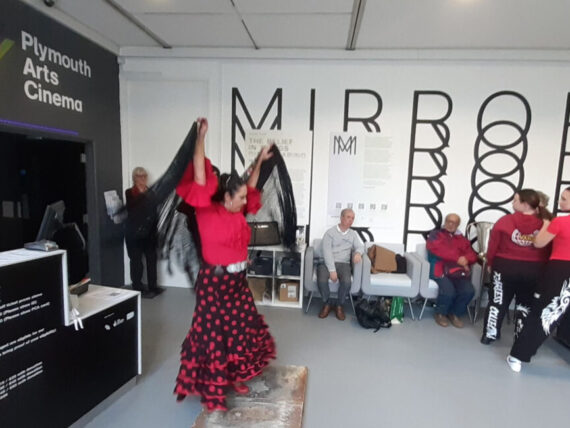
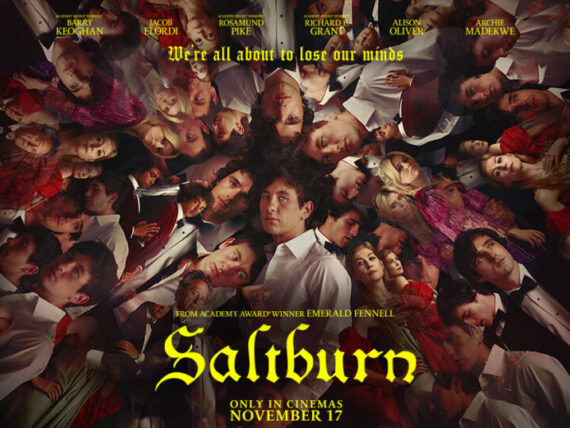



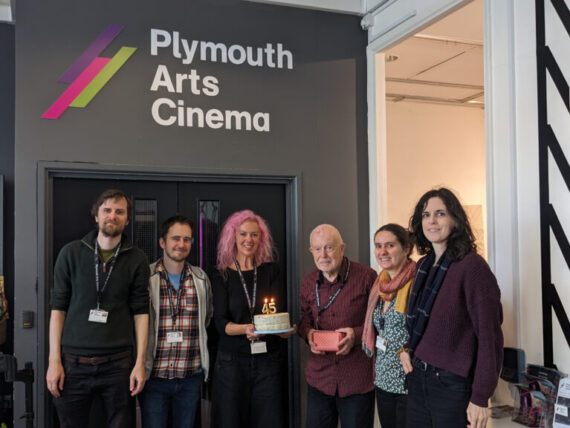
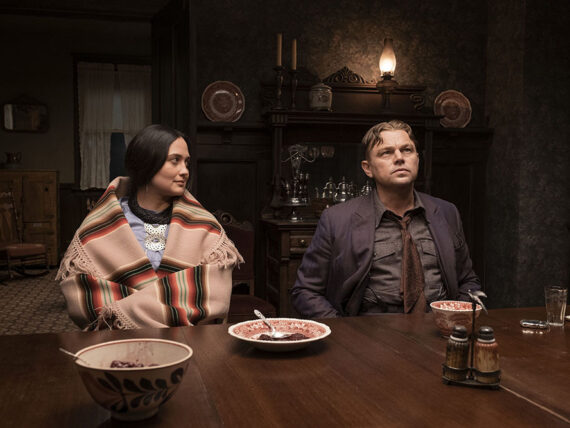
Comments
Comments are closed.